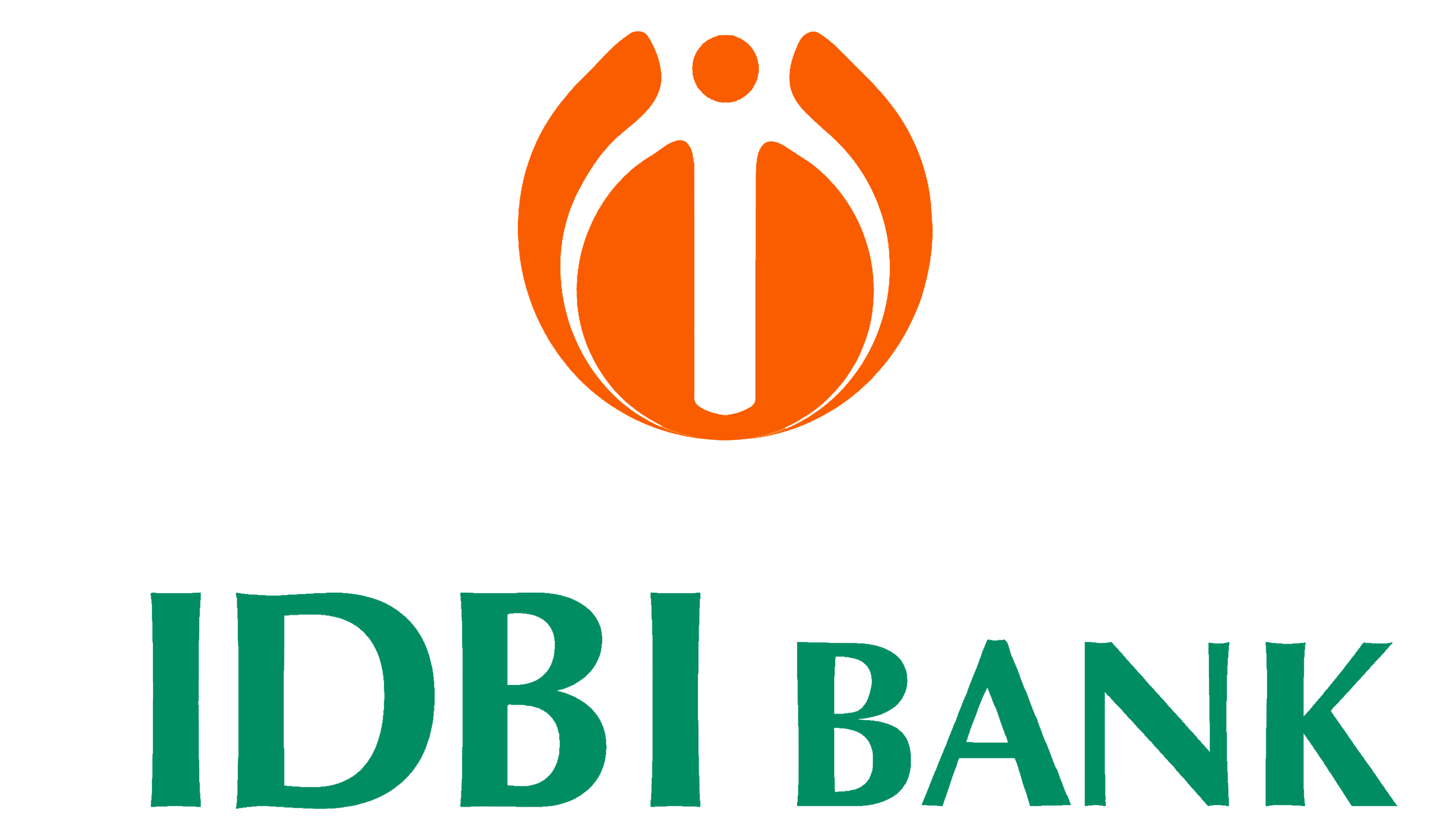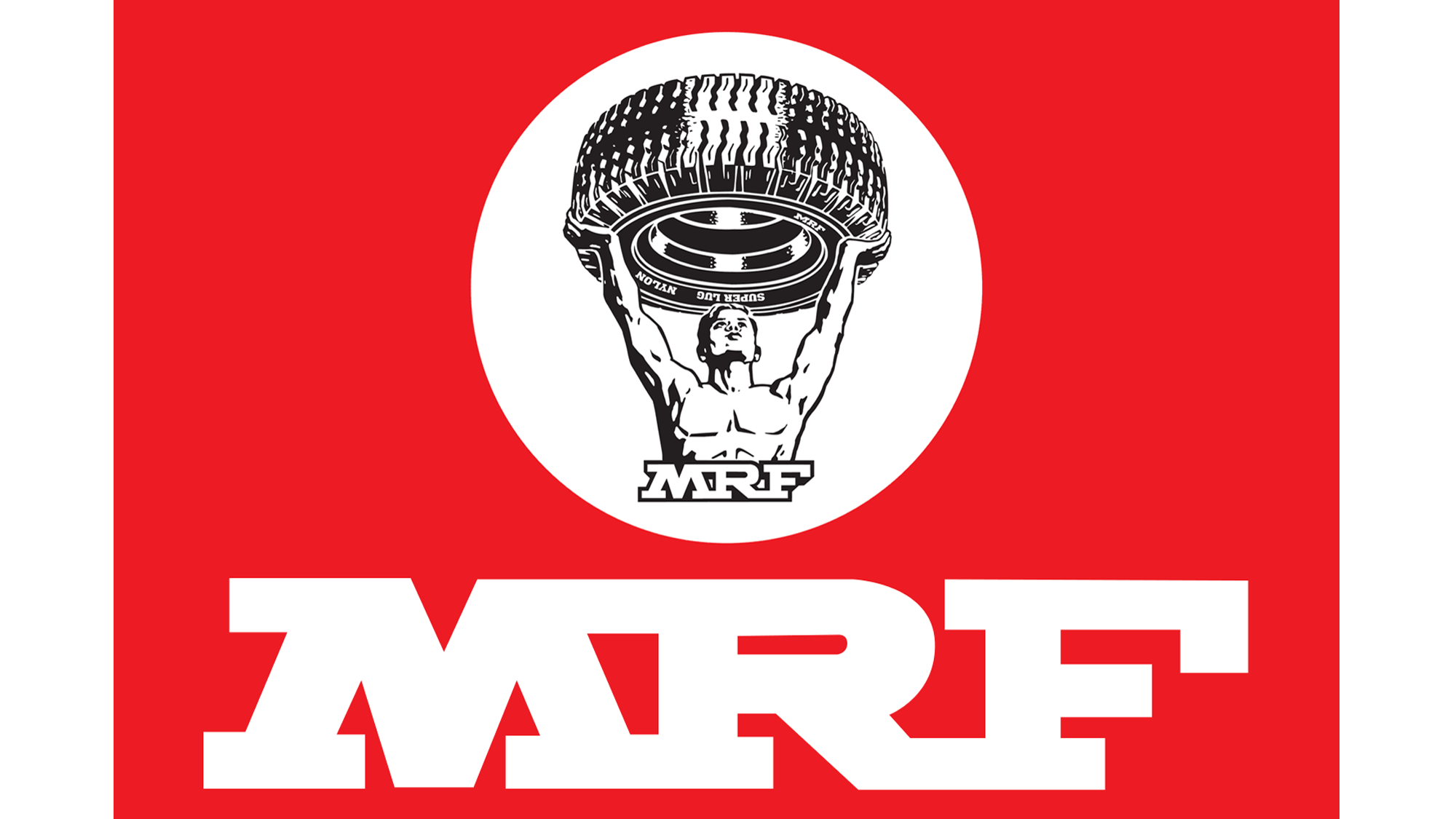Professional Tax Registration
Professional Tax, often abbreviated as PT, is a state-level tax that is levied on individuals and entities engaged in various professions, trades, and employment. It is a form of direct tax imposed by state governments in India. PROFESSIONAL TAX Filling With “India’s BEST TAX CONSULTANT.” Connect with our Experts.
Get Professional Tax Registration Hassle Free.
Professional Tax Registration with Auriga Accounting
- Connect with our Experts
- Submit Your Required Documents
- Track Application Status
- Received your Certificate














